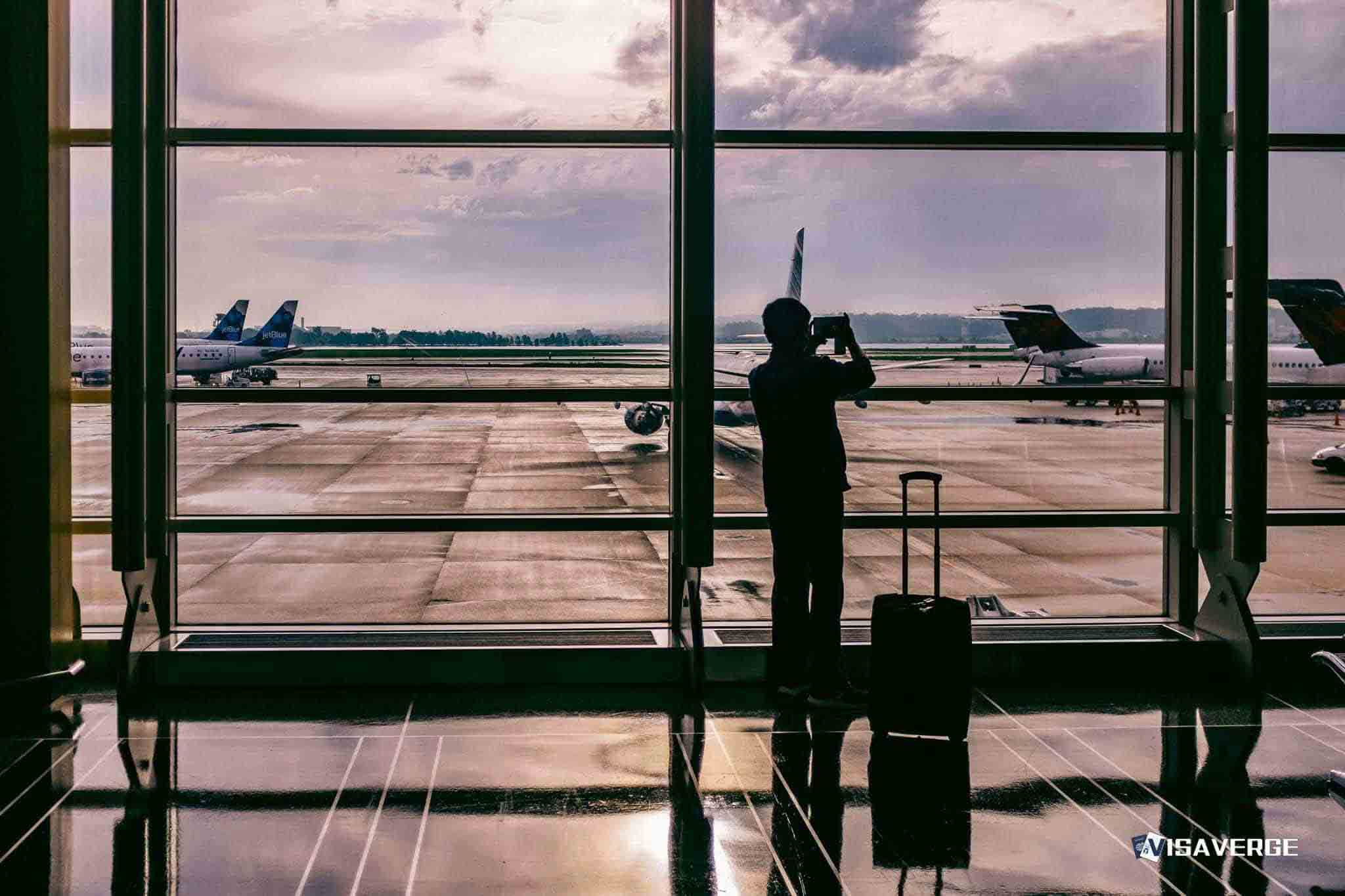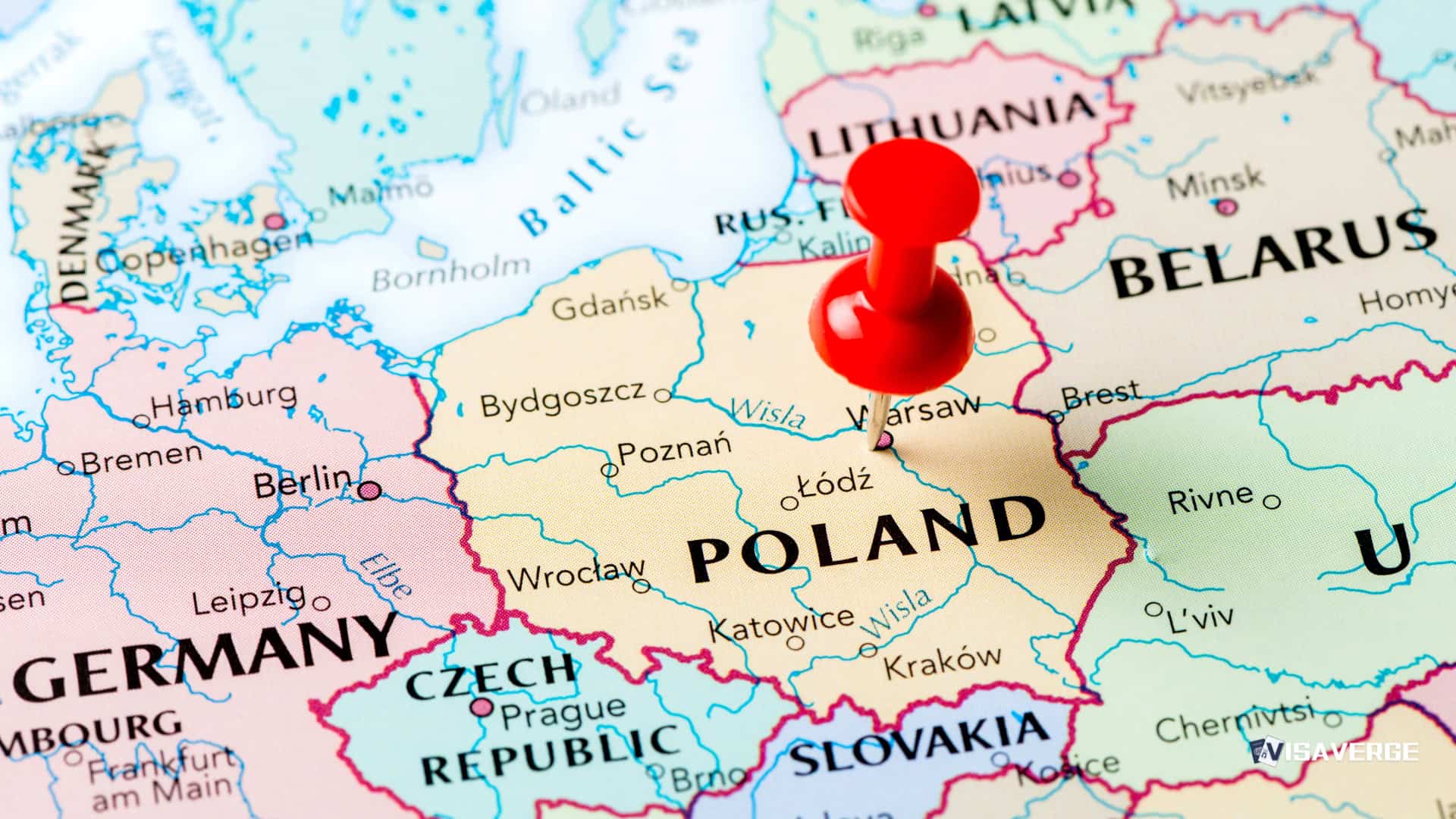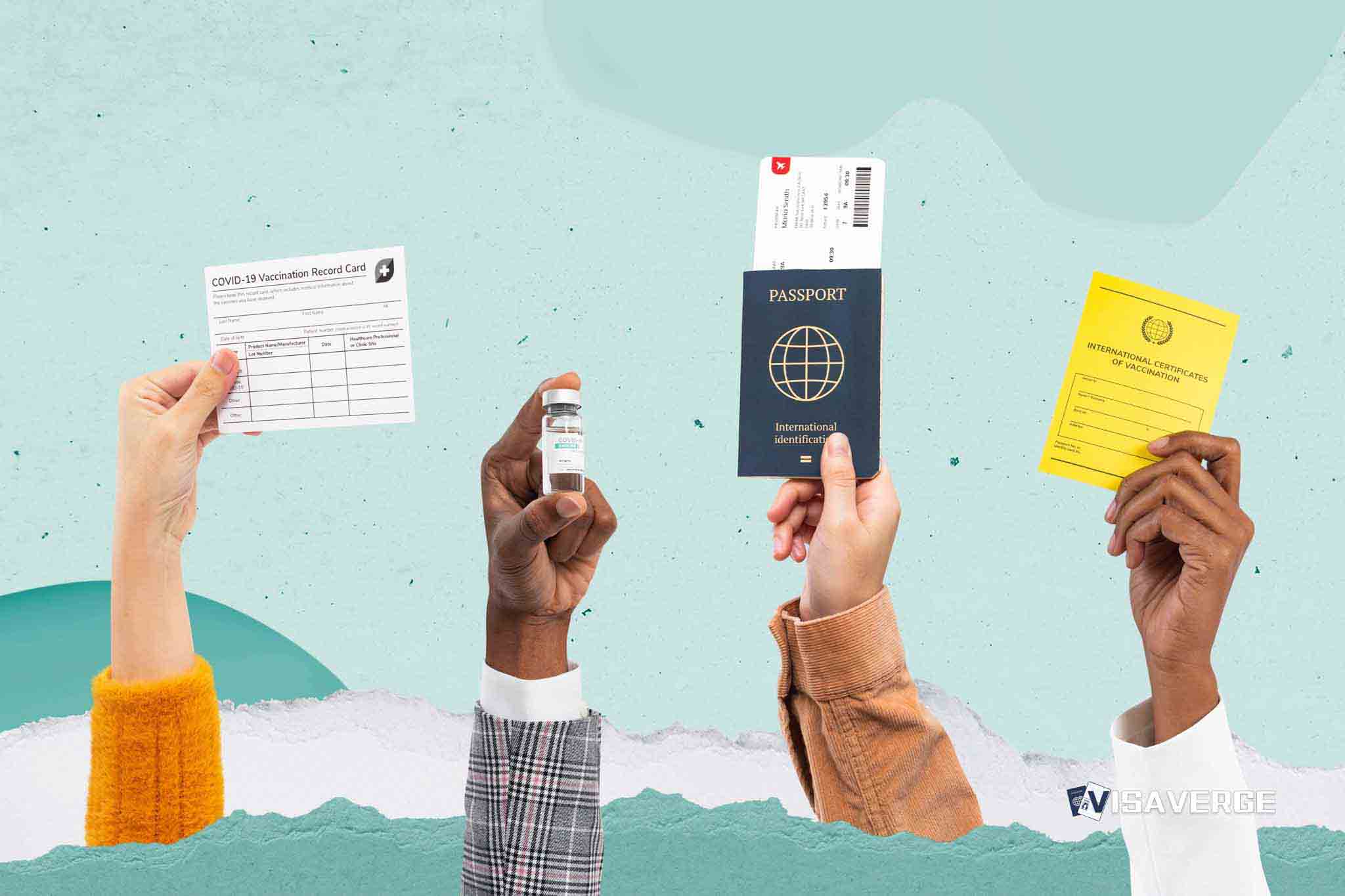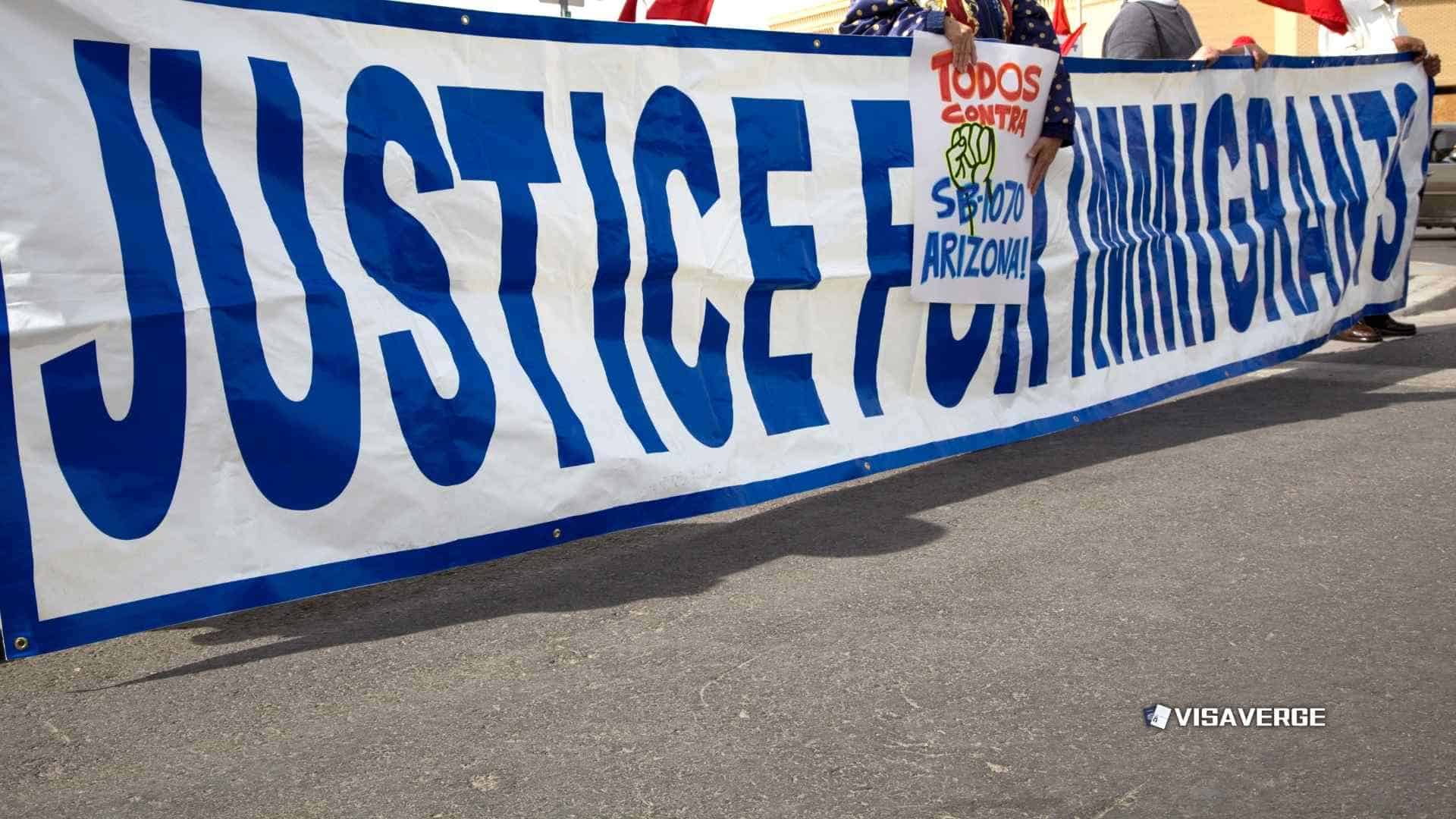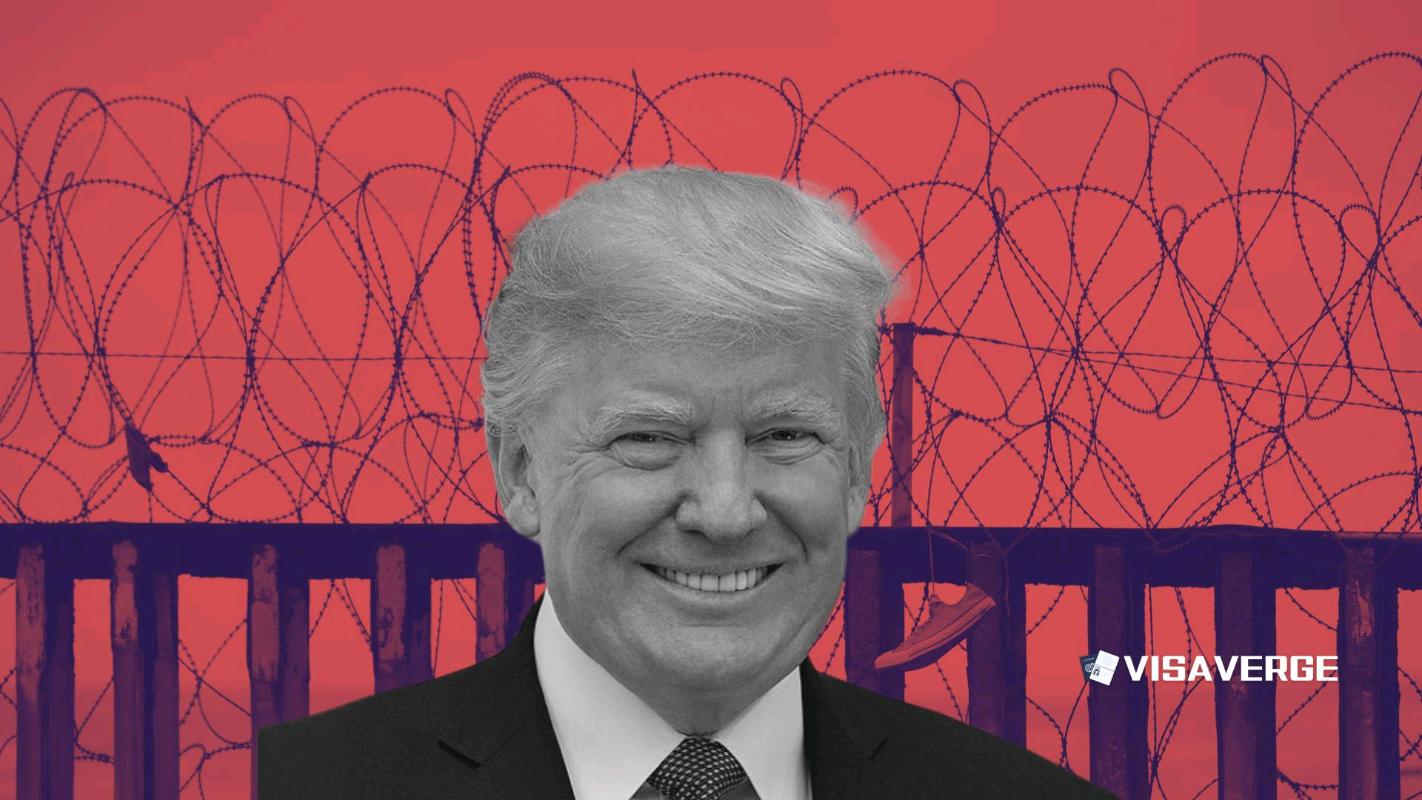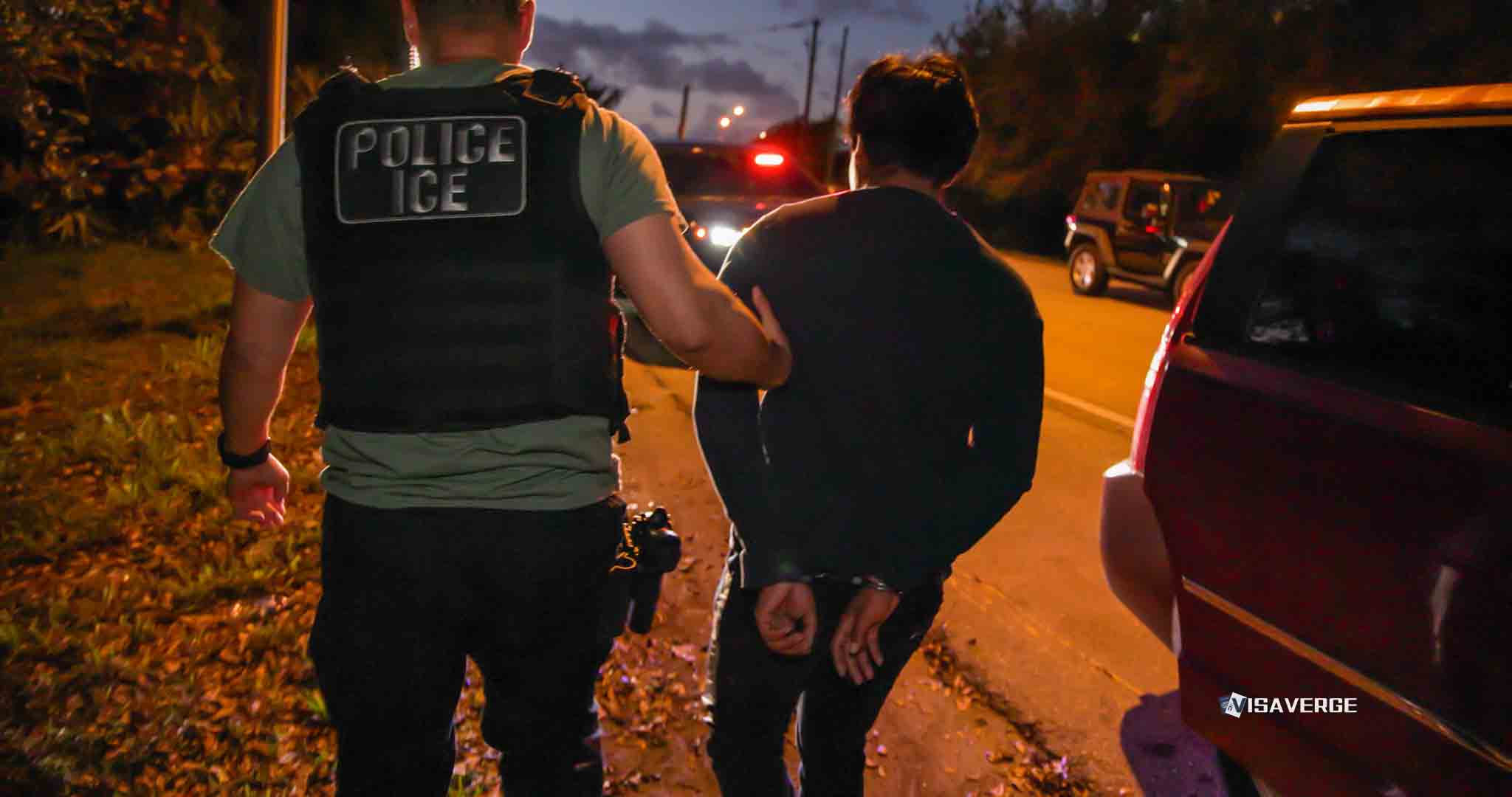As of late July 2025, urgent calls grow for the Canadian government to speed up visa approvals for Palestinians in Gaza seeking to reunite with family in Canada 🇨🇦. Legal experts, families, and humanitarian groups warn that slow processing puts lives at risk as conditions in Gaza worsen.
Critical Need for Faster Visa Approvals
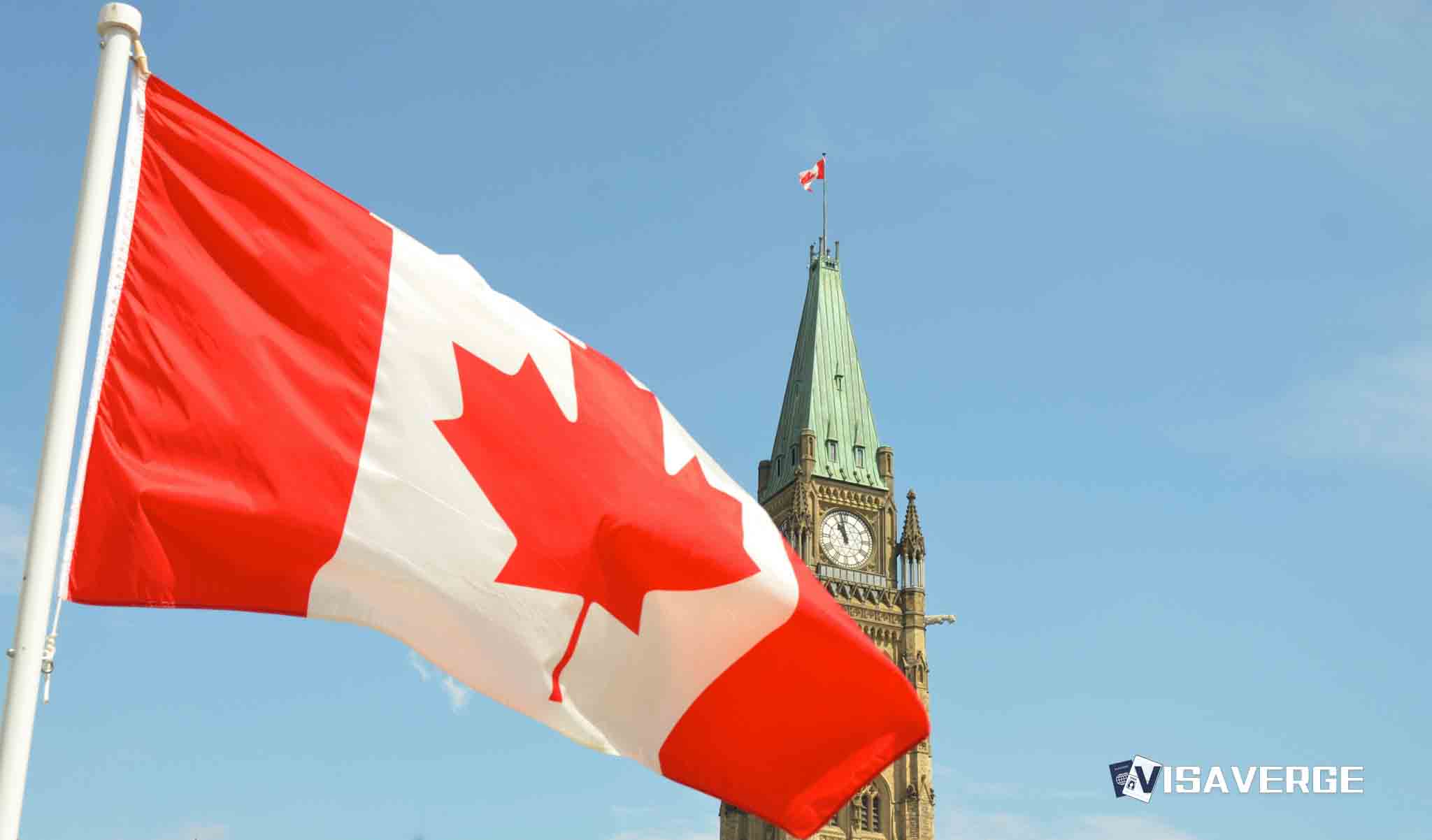
Debbie Rachlis, a Toronto immigration lawyer, has become a leading voice urging Canada 🇨🇦 to act quickly. She represents several families waiting for loved ones to join them from Gaza. Rachlis reports that at least five people in Gaza have died while waiting for Canadian visa approvals. These deaths happened because of starvation, injuries from bombings, or fatal accidents while searching for emergency supplies. She describes these deaths as “all preventable and terrible,” highlighting the real human cost of delays.
Eleven Gazan families, representing 53 people including children, have now filed a lawsuit against the Canadian government. They claim that the delays in processing special temporary visas are unacceptable. These families have completed all the required steps, but they still have not received the unique application codes needed to move forward. Their lawyers are asking the court to order immigration officials to process these applications within five days if the court rules in their favor.
Background: Gaza Family Reunification Project
The Gaza Family Reunification Project began on January 9, 2024. It was created to help up to 5,000 people with family in Canada 🇨🇦 escape the conflict in Gaza. The program closed on March 26, 2024, after reaching its cap. However, as of June 21, 2025, fewer than 1,200 visas had been approved—less than 25% of the promised number. By June 8, only 841 people had actually arrived in Canada 🇨🇦 from Gaza under this program.
The Canadian government has recognized the ongoing crisis. On June 12, 2025, it issued an updated Temporary Public Policy to help people with approved visas who are still outside Canada 🇨🇦 as of April 22, 2025. This policy gives certain exemptions under the Immigration and Refugee Protection Act, making it easier for eligible people to enter Canada 🇨🇦 even if they face travel barriers due to the conflict.
Government and Diplomatic Efforts
Canada’s Foreign Affairs Minister Anita Anand recently attended a United Nations conference focused on finding a two-state solution for Israel and Palestine. The conference, organized by France and Saudi Arabia, was delayed in June 2025 because of Israeli actions against Iran. This shows that the situation in Gaza is not only a humanitarian issue but also a major diplomatic challenge.
Canada 🇨🇦 has also changed its overall immigration policy for 2025-2027. The government has lowered its immigration targets, focusing more on economic immigrants and temporary residents who are already in the country. For 2025, the number of new permanent residents is set at 395,000, which is lower than in previous years. There is also a 50% cut in the Provincial Nominee Program and stricter rules in many provinces. This cautious approach may limit new humanitarian admissions unless special programs are expanded.
Impact on Palestinian Students and Other Applicants
Palestinian students accepted into Canadian universities are also facing long visa delays. Some have waited over a year with no updates, forcing them to delay their studies or risk losing scholarships. Immigration, Refugees and Citizenship Canada (IRCC) says that processing times depend on how complex each case is and the need to check documents. However, IRCC has not said if it is working with other countries to help students leave Gaza.
Real-Life Effects on Families
Families in Gaza are living in dangerous conditions while waiting for visa approvals. They face threats like starvation, injury, and even death every day. Canadian sponsors—who must be citizens or permanent residents—are ready to support their relatives, but the slow process leaves everyone in limbo.
The backlog and slow processing have led to legal action and growing public pressure on IRCC to treat these cases as urgent humanitarian priorities. The updated temporary public policy aims to help those with approved visas who still cannot travel because of the ongoing conflict.
Step-by-Step: How the Gaza Family Reunification Program Works
- Sponsorship Application: Canadian citizens or permanent residents apply to sponsor eligible family members in Gaza.
- Application Code: Applicants receive a unique code to start their visa application.
- Processing: IRCC reviews applications, including security and health checks.
- Visa Approval: Approved applicants get temporary resident visas under the special measures program.
- Travel Arrangements: Visa holders arrange travel to Canada 🇨🇦, using the updated policy exemptions if needed.
- Arrival and Support: Family members receive help and integration services once they arrive.
For more details on the process and to access official forms, visit the IRCC website.
Expert and Stakeholder Views
Immigration lawyers stress that speeding up visa approvals is urgent to prevent more deaths. “Every day of delay puts lives at risk,” says Rachlis. Humanitarian groups are calling for Canada 🇨🇦 to increase the number of visas and process applications faster. They argue that the current system is not keeping up with the needs of people in crisis.
Government officials point out that processing these applications is complex. They must balance the need to help people with the need to keep Canada 🇨🇦 safe. Security and health checks are important, but critics say these should not cause life-threatening delays.
Legal and Policy Developments
The lawsuit filed by Gazan families could force IRCC to process applications much faster. If the court agrees with the families, officials may have to make decisions within five days for these urgent cases. This legal action has brought more attention to the issue and increased pressure on the government to act.
Diplomatic efforts at the United Nations and between countries continue, but a long-term solution to the conflict in Gaza remains uncertain. Until then, many families depend on special visa programs and the willingness of Canada 🇨🇦 to help.
What Affected Families Can Do
- Stay Informed: Check the IRCC website for updates on visa programs and public policies.
- Seek Legal Help: Contact immigration lawyers like Debbie Rachlis or Damey Lee for advice and support.
- Document Everything: Keep records of all application steps, communications, and any urgent needs.
- Reach Out to Advocacy Groups: Humanitarian organizations can offer guidance and sometimes help push cases forward.
Looking Ahead: What’s Next for Gaza Visa Approvals?
The special visa program for Gaza closed in March 2024, but many are pushing for it to reopen or for new pathways to be created. Legal challenges may soon force IRCC to move faster. Meanwhile, Canada’s 🇨🇦 overall immigration policy is becoming more cautious, focusing on economic needs and people already in the country. This could make it harder for new humanitarian cases to be accepted unless special measures are expanded.
Diplomatic talks and international pressure may also play a role in shaping future policies. For now, families and their supporters continue to fight for faster, fairer visa approvals.
Practical Tips for Applicants and Sponsors
- Check Eligibility: Make sure you meet all requirements before applying.
- Prepare Documents: Gather all needed paperwork, including proof of family relationship and any urgent medical or safety concerns.
- Follow Up Regularly: Contact IRCC for updates and respond quickly to any requests for more information.
- Consider Legal Action: If your case is urgent and delayed, legal action may be an option, as shown by the recent lawsuit.
Conclusion
The situation for Palestinians in Gaza seeking to join family in Canada 🇨🇦 is urgent and complex. Slow visa approvals have already led to preventable deaths. Legal action, public pressure, and updated policies may help, but many families remain at risk. As reported by VisaVerge.com, the need for faster, more compassionate processing is clear. For those affected, staying informed, seeking help, and documenting every step can make a difference while waiting for change.
For the latest official information and updates, visit the Immigration, Refugees and Citizenship Canada website.
Learn Today
Gaza Family Reunification Project → A 2024 Canadian program to help Gazan families reunite with relatives in Canada.
Temporary Public Policy → A Canadian immigration rule easing travel restrictions during crises, allowing entry despite barriers.
Immigration and Refugee Protection Act → Canada’s main law regulating immigration, refugee protection, and entry requirements.
Provincial Nominee Program → A Canadian immigration program allowing provinces to nominate immigrants for permanent residence.
Visa Approval → The official permission granted by authorities allowing an individual to enter a country.
This Article in a Nutshell
Delays in Canadian visa approvals for Palestinians from Gaza have caused preventable deaths. Legal action urges faster processing. The Gaza Family Reunification Project, begun in 2024, faces significant visa backlogs amid worsening humanitarian conditions and diplomatic challenges for Canada.
— By VisaVerge.com






